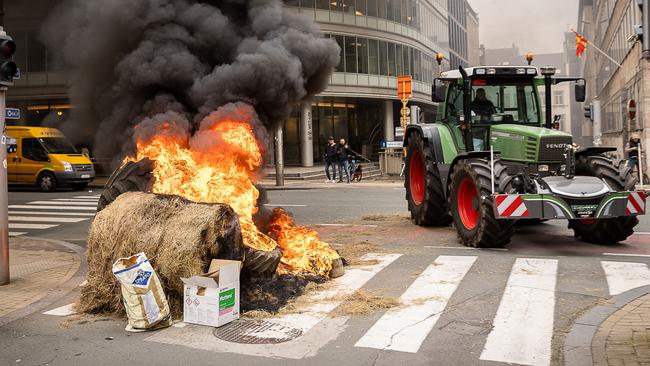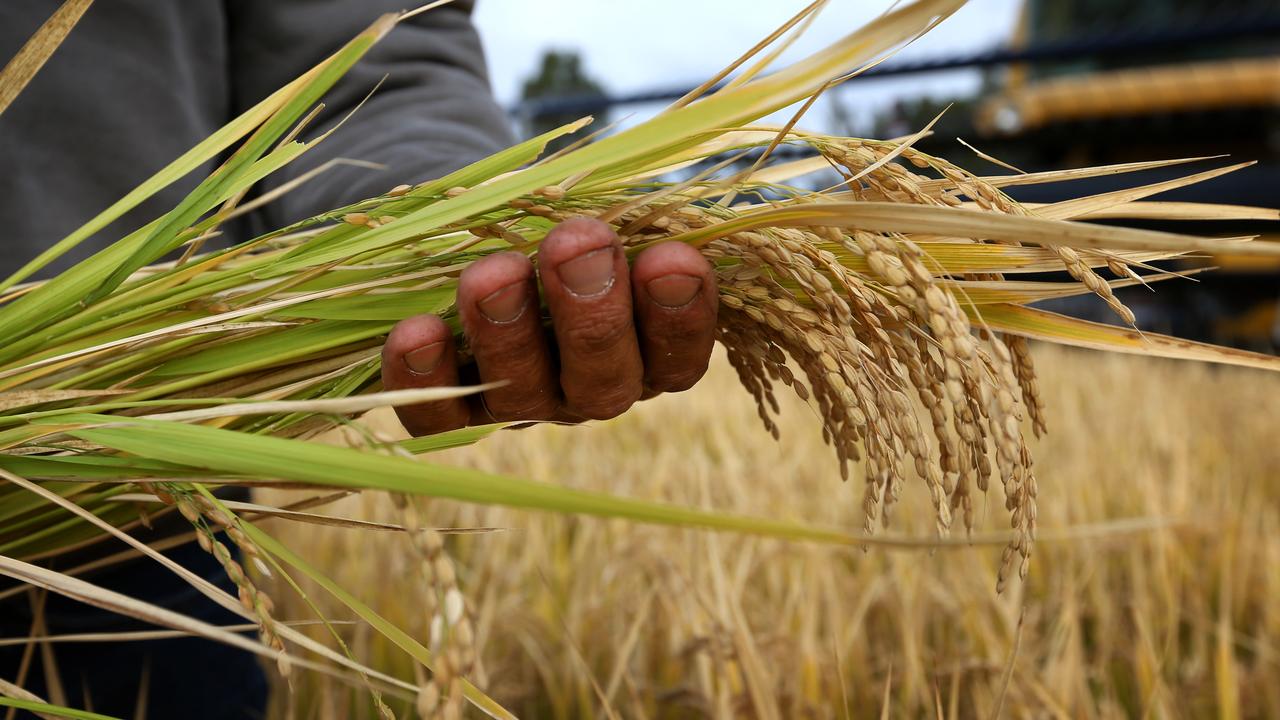EU releases ‘vision’ for farming amid chemical ban concerns
The five-year blueprint sets out a plan to ensure European farmers aren’t disadvantaged by their ambitious environmental standards.

Europe’s ambitious environmental and health standards will soon apply to all imported goods as the bloc rolls out a new five-year blueprint for farming and food.
The EU released its much anticipated “Vision for Agriculture and Food” last week, setting out its vision of an agrifood system for 2040 and beyond to ensure that all European member countries’ policies are in-step.
The purpose of the plan is to adapt the continent to “the new realities” of disrupted supply chains, geopolitical uncertainty, an ageing workforce in the agricultural sector and competing interests for farming land.
Some of the more contentious aspects include a plan to align imported products with European standards.
“To ensure that the EU’s concerns about animal welfare and environmental protection are considered, and to uphold the EU’s moral values in response to societal demand, the Commission will pursue, in line with international rules, a stronger alignment of production standards applied to imported products, notably on pesticides and animal welfare,” the document said.
“In that respect, the Commission will establish a principle that the most hazardous pesticides banned in the EU for health and environmental reasons are not allowed back to the EU through imported products.”
Products banned in the EU but still in use in Australia include paraquat, diquat, atrazine, diazinon, fipronil and dimethoate.
National Farmers’ Federation president David Jochinke said while the European Union’s ambition to scale back pesticide use was no secret, he has called on the federal government to stand up for Australian farmers and proactively engage with diplomats in Brussels.
“If the EU bans essential crop protection tools on imported products, this will not only strain Australian farmers’ access to the EU market but will also adversely impact European consumers,” Mr Jochinke said.
A Department of Agriculture spokeswoman said Australia has a robust regulatory framework for agvet chemicals, “which supports out trade and market access”, with DAFF’s National Residue Survey program testing for chemical residues in exported Australian products.

The blueprint has been released following a wave of farmer protests across Europe over a lack of certainty and stability about their future.
Victorian Farmers Federation president Brett Hosking said the blueprint showed Europe was ensuring farming is at the forefront of planning decisions, and heeded Australian politicians to follow suit.
“It sets a blueprint of how agriculture should be treated as a fundamental pillar when planning any future strategy,” Mr Hosking said.
“Decision makers here could learn a lot and avoid enormous community backlash if they considered the impact to farmers and local communities before steamrollering through with their flawed ideologies.”
The bulk of Australia’s export trade with the EU is grains and oilseeds, of which it exported $2.3b worth last year.
Red meat exports are also significant, with $181.9m worth of beef and veal sold last year, and $48.6m of sheep meat.





